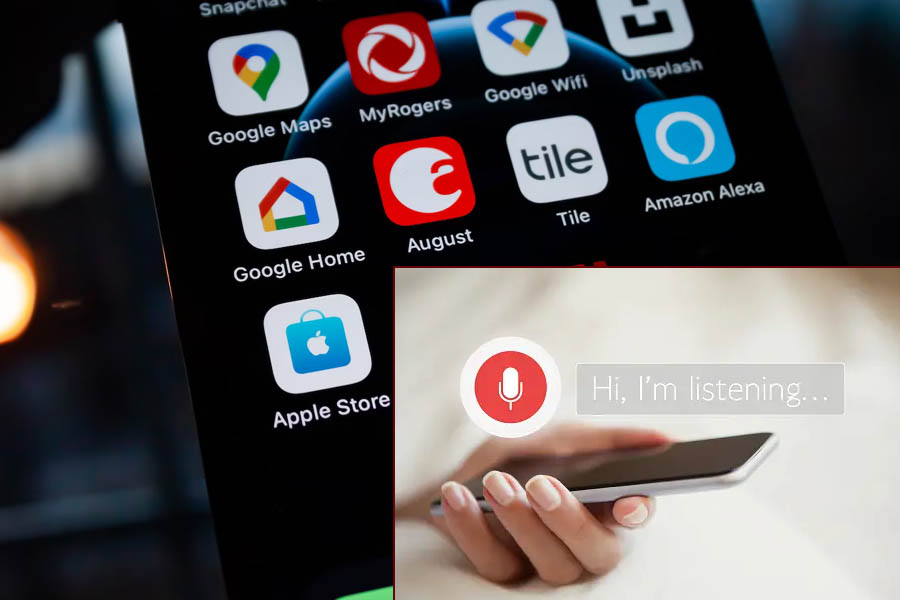
In the evolving landscape of voice assistants, a recent study sheds light on the psychological impact of personalized voice characteristics and the potential implications for user experience. The study, conducted online and encompassing 401 adults aged 21 to 72 across the U.S., aimed to explore the connection between users' preferences and the similarity of voice assistants' personalities to their own.
According to S. Shyam Sundar, director of the Center for Socially Responsible Artificial Intelligence at Penn State, and co-author of the study, "Our research shows that one voice does not fit all when it comes to voice assistants." The research introduced five voice profiles representing different levels of extroversion, varying in pitch, volume, and speed. Participants were tasked with rating the assistants on attractiveness, trustworthiness, service quality, and the credibility of the information provided. Surprisingly, those who perceived the voices as similar to their own consistently ranked the assistants higher across all categories.
The implications extend beyond mere user preferences, indicating a potential persuasive effect of voice assistants. Theo Araujo, a professor at the University of Amsterdam, emphasizes the significance of these findings. The study prompts a closer look at the makers of voice assistants and the broader technology industry, urging increased awareness of the psychological impact of voice characteristics on consumers.
Sundar advocates for a socially responsible approach in designing personalities for these devices. While imbuing voice assistants with personalities enhances user experience, designers must minimize the potential for blind trust and encourage careful consideration of content. Eugene Cho Snyder, who led the study as an assistant professor at the New Jersey Institute of Technology, emphasizes the need for transparency. As the features of voice assistants, such as voice matching and customization, influence users' interpretation of content, informing users about these potential effects becomes crucial.
In a landscape where an estimated 145.1 million Americans use voice assistants, predominantly through smartphones and smart speakers, the study draws attention to the current lack of voice matching. However, the advent of generative-AI technology opens the door for greater customization, paving the way for a more personalized and user-centric experience with voice assistants. As technology continues to advance, understanding and addressing user preferences in voice assistant design will play a pivotal role in shaping the future of this rapidly growing digital ecosystem.